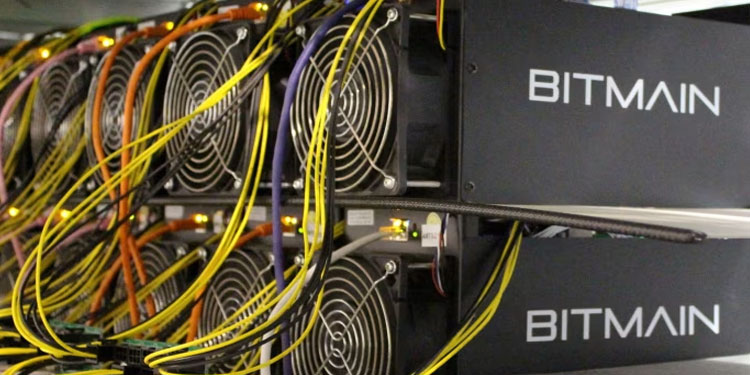
Official court documents read:
“In the past, Bitmain ASIC devices could be configured and initialized in low-power mode that did not mine cryptocurrency for Bitmain. However, after Bitmain established itself as one of the world’s largest cryptocurrency miners in the last several years, defendant redesigned its ASIC devices to mine cryptocurrency for the benefit of itself rather than its customers who purchase the products. Conveniently, Bitmain cashes in on every second it takes to get the ASIC configured with the customers’ specifications and lays the substantial costs of operating the ASIC devices at the feet of its customers.”
The legal documents state that the mining gear of the company had continuously been set up to begin operations in low-power mode until two years ago, and that no default account had ever been set to get coins. This appears to have modified.
Gor Gevorkyan from Los Angeles, California, is one of the complainants of the suit. The court submission indicates that Gevorkyan bought Bitmain ASIC gadgets, including the AntMiner S9, in January 2018 to mine cryptocurrency. The document states that the gadget was exceptionally difficult to arrange and thus the method took “significant time.”
In addition, the filing claims that the device functions by default in full-power mode, resulting in high power utilization and energy charges for Gevorkyan. The item purportedly proceeded to mine Bitmain cryptocurrency until it was configured to the individual Gevorkyan crypto account. Bitmain mining hardware requires an extreme sum of energy when working at full throttle.
For illustration, the Antminer S9 evidently requires up to 1,375 watts of control. Compare this to a standard light bulb with a power yield of 60 to 100 watts. Moreover, the court recording claims that the mining gadgets of Bitmain can take a few hours to several days to configure.
The filing says that the class of plaintiffs “is so numerous that joinder of all members is impractical. On information and belief, the class includes more than 100,000 members.”
Legal representatives of the class introduce certain criteria to reduce the class size to just over 100 members, although these criteria were not passed on to the public at the time of the press. However, the documents state that all complainants are parties who have suffered “economic injury” from the “violations of common and statutory law alleged by the defendant.”
The court documents also state that Bitmain violated the Unfair Competition Law (UCL) in that the company’s behavior “infringes public policy and is immoral, unethical, oppressive and unscrupulous” and therefore did not offer customers any benefit.
Lawyers for complainants demand that their customers be compensated for any out – of-pocket charges arising from Bitmain’s “unfair and disappointing” practices, as well as interest at the highest rate and payment of attorney’s fees and costs.
The case was filed on November 19, 2018, in Santa Clara County in northern California, as this is the principal place of business as claimed by Bitmain, Inc. The next step will be jury selection, and a trial date has not yet been established.